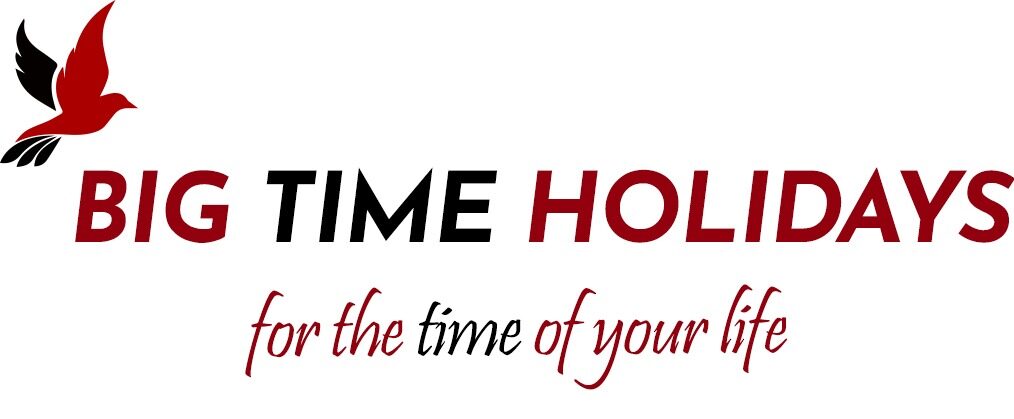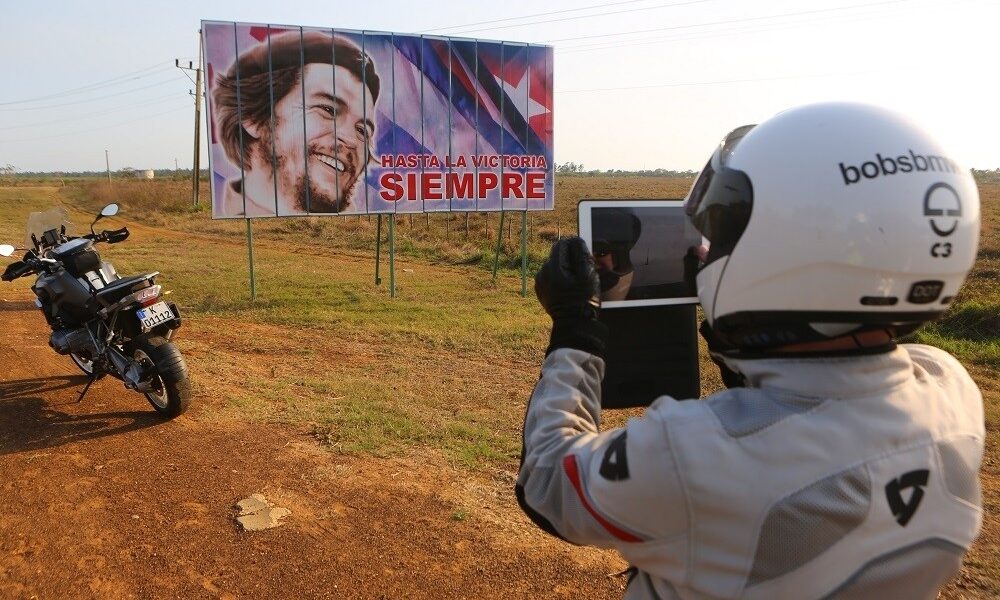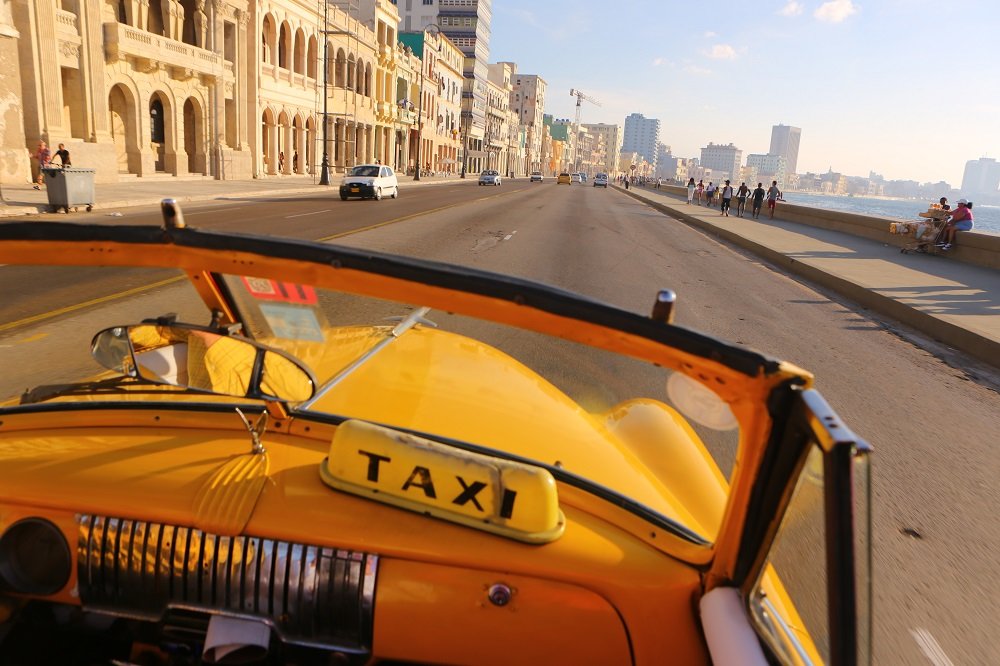
Vibrant and fascinating, Cuba was once the forbidden fruit for U.S. tourists. As of 2011, every citizen is once again legally permitted to visit – but there are still a few hoops to jump through before hopping on a plane. From getting a tourist visa to booking accommodations, here’s what you need to know before planning your safe and legal trip to Cuba.
## Embarking on Your Cuban Adventure: A Comprehensive Guide
The allure of Cuba is undeniable. Now stands as the opportune moment to immerse yourself in this captivating nation, a country undergoing a profound transformation and possessing an unparalleled photogenic quality. It’s a destination caught in a unique moment in time, a fleeting window where the whispers of legendary tales still resonate, though many of the experiences celebrated by seasoned travelers are gradually fading into the realm of myth. Yet, for now, Cuba’s enigmatic charm remains vividly tangible, a potent force drawing visitors from across the globe.
Everywhere you look, you’ll encounter potent reminders of the Revolution, an epoch defined by Cubans themselves as a distinct social, political, and economic experiment. The iconic visages of Che Guevara and Fidel Castro are ubiquitous, gracing billboards and murals alongside fervent pronouncements of “Patrio o Muerte!” (Fatherland or Death!). This revolutionary fervor is rendered even more surreal by Cuba’s distinctive time-warp ambiance, characterized by the prevalence of meticulously maintained classic cars and architectural marvels reminiscent of the 1950s, a visual feast that transports you to another era.
Cuba’s vibrant colonial cities, sprawling across the island offer a compelling invitation to explore, while its lush countryside beckons with promises of natural beauty. The country’s thriving arts and cultural scenes further contribute to an atmosphere ripe with spontaneity and discovery. While the very spirit of Cuba encourages impetuous exploration, some degree of planning is absolutely essential to ensure a seamless and enriching experience. In the initial excitement of finally realizing your dream of visiting Cuba, it’s easy to overlook critical legal requirements and other important details that can significantly impact your trip. Therefore, we urge you to delve into the following practical advice, meticulously crafted to prepare you for a successful and utterly enthralling visit. With the right preparation, you’ll soon find yourself cruising down a potholed highway in Havana, the capital city, in a vintage 1950s-era Chevy, with the intoxicating rhythms of rumba music filling the airwaves.
## Navigating Travel to Cuba from the United States

While the Cuban government imposes no specific restrictions on visitors, it’s crucial to acknowledge that U.S. embargo laws remain firmly in effect. Technically, spending money in Cuba without obtaining a license from the Department of Treasury’s Office of Foreign Assets Control (OFAC) is considered a violation of these laws. However, do not let this deter you. Traveling to Cuba is, in reality, entirely legal and relatively straightforward, provided you secure a pre-approved license.
Presently, eleven distinct travel categories are covered under a pre-approved “general license,” encompassing a wide array of activities, including official government business, journalistic endeavors, family visits, and participation in humanitarian projects. While President Trump eliminated the “people-to-people” educational exchange license category in 2019, a category that formerly allowed any U.S. resident to visit Cuba, the following license category still grants any U.S. citizen or resident the right to travel to Cuba at any time, either independently or as part of an organized group.
### Supporting the Cuban People: A Legitimate Avenue for Travel
What specific activities fall under the umbrella of “support for the Cuban people,” you may ask? According to OFAC guidelines, these activities “include but are not limited to (1) activities of recognized human rights organizations; (2) activities of independent organizations designed to promote a rapid, peaceful transition to democracy; and (3) activities of individuals and nongovernmental organizations that promote independent activity intended to strengthen civil society in Cuba.”
Given that activities (1) and (2) inherently involve interactions with anti-Castro dissident groups within Cuba, it is advisable to approach these options with considerable caution. However, activity (3) is broadly interpreted to encompass any Cuban individual involved in private enterprise, such as proprietors of restaurants, owners of B&Bs, taxi drivers, or dance instructors, as well as members of community organizations of a non-political nature. This license permits you to travel to Cuba at any time and pursue any itinerary that aligns with your interests, as long as your primary objective is to support private enterprise that operates independently of the Cuban State. This allows for “self-directed” travel on a freewheeling itinerary. Furthermore, all U.S. residents retain the option to travel to Cuba with any tour company or organization offering group programs aligned with the “support for the Cuban people” mandate, whether it’s a motorcycling tour through the countryside, an immersive arts program, or a meticulously curated high-end cultural experience. It’s worth noting that a “group” can be defined as comprising merely two individuals or more, meaning that you and a friend can easily craft your own customized program tailored to your specific preferences.
### Additional Legal Stipulations and Considerations
“Tourism” and “recreation,” as traditionally defined, are prohibited by U.S. regulations, which unfortunately precludes the possibility of a solely beach-focused vacation. However, you are permitted to participate in recreational activities if they are demonstrably intended to “support the Cuban people.” While the U.S. government has not actively policed individual travel since 2011, there’s no assurance that this policy will persist indefinitely. As such, it is imperative to remain informed about the current administration’s stance and policies regarding travel to Cuba.
In November 2017, the U.S. government released a comprehensive list identifying more than 80 Cuban state-owned hotels, along with other businesses, that U.S. citizens are prohibited from patronizing. This blacklist encompasses a diverse range of enterprises, from shops and marinas to specific brands of rum, such as Ron Caney and Ron Varadero, and extends to the Manzana de Gómez luxury shopping mall. The U.S. government alleges that all of these entities have ties to Cuba’s military, intelligence, or security apparatus. It is crucial to consult this list carefully when making decisions about your lodging and activities to ensure compliance. Therefore, when it comes to selecting accommodations and dining establishments, it is best to exclusively patronize private entities.
Regardless of the specific circumstances of your trip, you are legally obligated to maintain a full-time schedule of activities that directly relate to your chosen license category. You must be prepared to provide documentation demonstrating that your travel qualifies under a general license, and you must meticulously maintain a written record of your activities and expenditures in Cuba that are directly related to the authorized travel transactions for a period of five years. This meticulous record-keeping will serve as evidence of your compliance with U.S. regulations.
## Meticulously Planning Your Cuban Itinerary
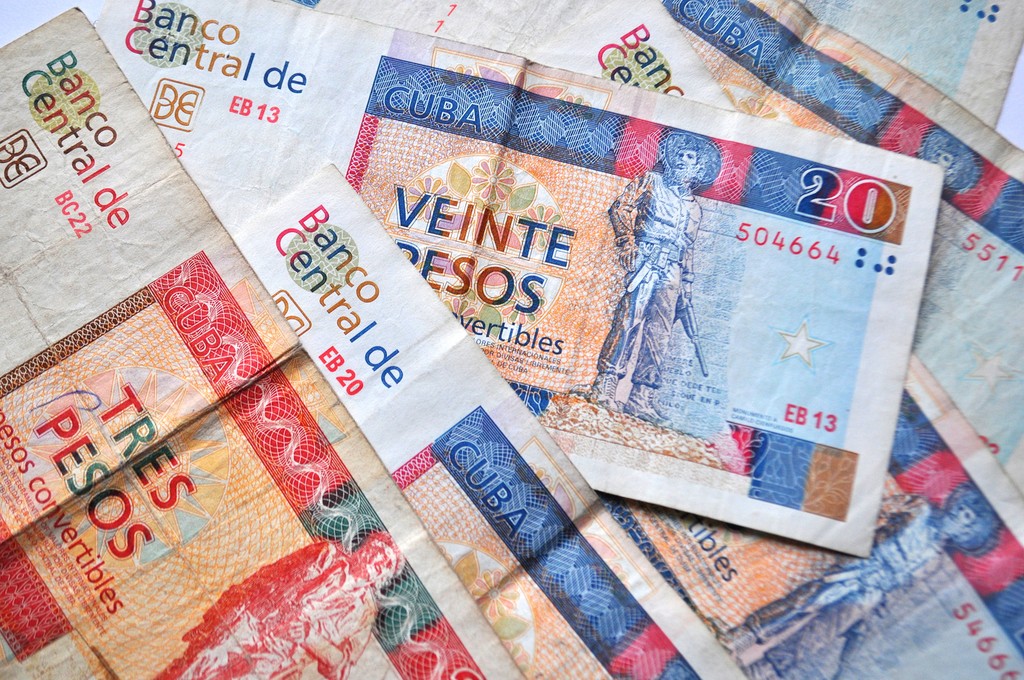
### Essential Travel Documents
Citizens of the majority of countries, including the United States, the United Kingdom, and Australia, are required to possess a passport that remains valid for a minimum of six months from your intended date of entry into Cuba. If you do not currently possess a passport, it is imperative that you initiate the application process well in advance of your trip, as obtaining a passport can often take several weeks.
Most visitors will also need to secure a tourist visa. Your airline will most likely offer the convenience of providing your Cuban visa and incorporating its cost into the overall price of your ticket. Alternatively, you can obtain a visa directly from any Cuban consulate. The standard tourist visa is typically valid for a period of 30 days, and it can be extended twice for a maximum stay of 90 days by visiting the inmigración offices located in Cuba.
### The Importance of Travel Insurance
The Cuban government mandates that upon arrival in the country, you must be able to provide proof of travel insurance that will adequately cover any potential medical expenses incurred during your stay in Cuba. As of 2017, this insurance was pre-packaged into the cost of airline tickets for flights originating from the U.S. Your boarding pass will be clearly stamped to indicate this inclusion, and you should carefully retain this boarding pass throughout the duration of your stay in Cuba. Travelers who are unable to furnish proof of travel insurance may be required to purchase a package from Asistur upon arrival.
Every community in Cuba, regardless of its size, is equipped with at least a basic clinic and pharmacy to cater to the healthcare needs of its residents and visitors. However, it’s important to acknowledge that Cuba’s medical system is currently grappling with significant shortages of both medicines and up-to-date medical equipment. Foreigners have the option of receiving specialized medical treatment through Servicios Médicos Cubanos, which operates a 24-hour international clinic in most major cities, along with the renowned Clínica Ciro García hospital located in Havana. U.S. citizens should be aware that payment for all medical services, with the exception of emergency medical care, is prohibited by U.S. regulations. Therefore, it is not advisable to plan on taking advantage of Cuba’s medical tourism facilities.
We strongly recommend purchasing supplemental evacuation insurance to provide coverage in the event of a medical emergency. Additionally, it’s prudent to obtain insurance that covers trip cancellation or potential loss of baggage.
### Understanding the Cuban Currency System
Cuba operates with two distinct currencies: the Cuban peso (also referred to as moneda nacional) and the convertible peso (known as CUC, with a value equivalent to 24 times that of the Cuban peso). All transactions catering to tourists are conducted in CUC, which can only be acquired within Cuba and holds no value outside the country. You can exchange major foreign currencies at hotels, although this service is typically restricted to hotel guests only, or at CADECA exchange bureaus. The U.S. dollar is fixed at a 1:1 exchange rate with the CUC, but an additional 10 percent surcharge is levied for exchanging U.S. dollars. Unless you are traveling on a strict budget, there is relatively little need for moneda nacional, except for specific instances such as paying for taxis, indulging in ice cream at Coppelia, and purchasing produce at local markets.
It is imperative to plan your visit with the expectation of operating on a cash-only basis. No U.S. credit card currently functions within Cuba, and U.S. citizens who attempt to use a credit card while in Cuba, or even to access their financial statements online, run the risk of having their accounts blocked by the U.S. Treasury Department, as the financial networks are designed to instantly identify potential transactions with sanctioned nations.
### Prioritizing Your Security and Safety
In January 2018, Cuba was recognized as the “Safest Country for Tourism” at the prestigious International Tourism Fair held in Madrid, Spain, a testament to the country’s commitment to ensuring the safety and well-being of its visitors. Gun crime is virtually unheard of in Cuba, and violent crime is exceptionally rare. Even the U.S. Department of State Bureau of Diplomatic Security acknowledges that the comparatively limited instances of crime that do occur “can be associated with pick-pocketing, purse snatching, fraud schemes, and thefts from unoccupied cars, hotel rooms, and/or dwellings.” Therefore, it is crucial to remain vigilant and keep a close watch on your belongings, always lock your door when leaving your hotel room, and be aware that scams targeting tourists are unfortunately common.
### Navigating Transportation Options
Cuba is a sizable island, and effectively navigating its vast expanse necessitates careful planning. Havana, the capital city, is a walkable metropolis, but it is also quite sprawling. Cubans commonly utilize colectivos, which are crowded “shared taxis” that operate along fixed routes, similar to buses, and charge a nominal fare of 50 centavos. Yellow-cab tourist taxis, which charge in CUC, can be found outside hotels or summoned by calling Cubataxi in Havana. Owners of meticulously preserved 1950s classic American cars often offer their services as taxis as well, and they can typically be found stationed outside major hotels. Additionally, every city features bicitaxis (three-wheel pedal taxis) for shorter distances and local transport.
Cubana Aviación and AeroGaviota provide domestic air service connecting all major cities across the island. However, it’s important to anticipate potential delays, cancellations, and schedule changes. Foreigners, with the exception of resident students, are restricted from using the Omnibus Nacional inter-city buses. Nonetheless, Víazul offers comfortable and reliable service by air-conditioned bus between all major cities and popular tourist destinations, and reservations are highly recommended.
A railway system extends the length of the island, connecting Havana with all major cities. However, service is often irregular and dysfunctional, making it a less reliable option.
There is no shortage of car rental outlets throughout the island, but securing an available vehicle, particularly during the peak tourist season, can present a challenge. Car rental rates are also relatively high by international standards, and extreme caution is advised when driving. It is important to be aware that anyone found guilty of causing injury or death in a traffic accident faces a mandatory prison sentence.
### Reaching the Island: Arrival Information
Cuba boasts 13 international airports, facilitating access from various corners of the globe. Numerous U.S. airlines offer direct service to Havana and other cities throughout Cuba, along with AirCanada and most major European carriers. Furthermore, Cuba’s own Cubana Aviación operates flights to Canada and several nations in Europe, Central America, and South America. A taxi ride from Havana’s José Martí International Airport to downtown Havana will typically cost around CUC25 as of early 2018.
## Determining the Optimal Time to Visit
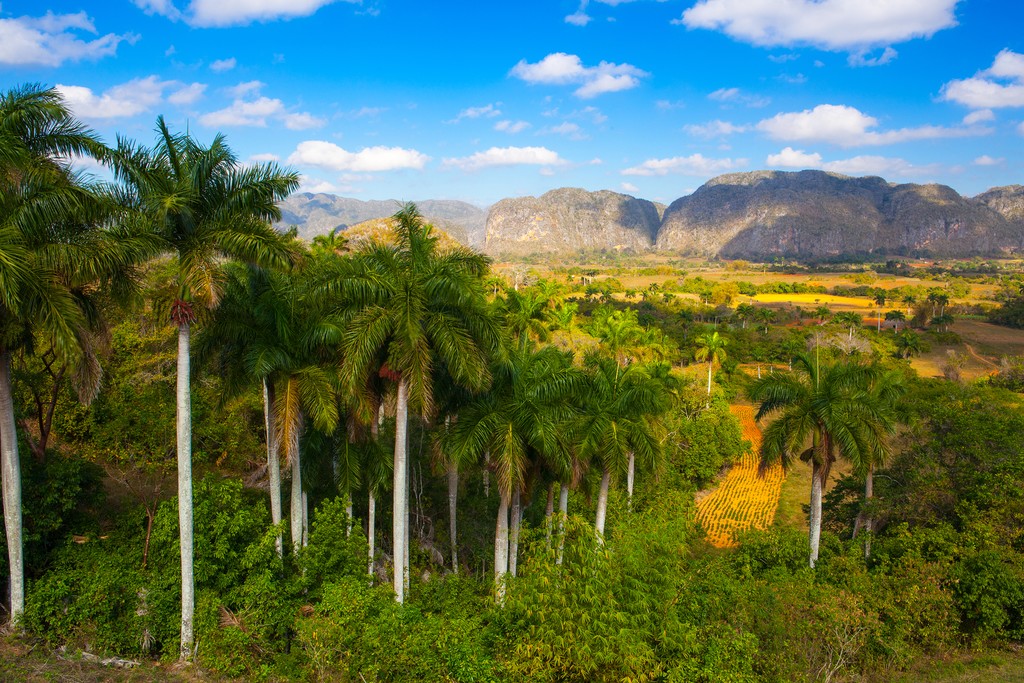
In essence, Cuba experiences two distinct seasons: a dry season, spanning from November to May, characterized by mild to warm temperatures, occasional storms, and sporadic downpours; and a wet season, from June to October, which is typically hot, humid, and frequently rainy. Temperatures generally tend to increase as you travel eastward across the island.
## Selecting Your Accommodation
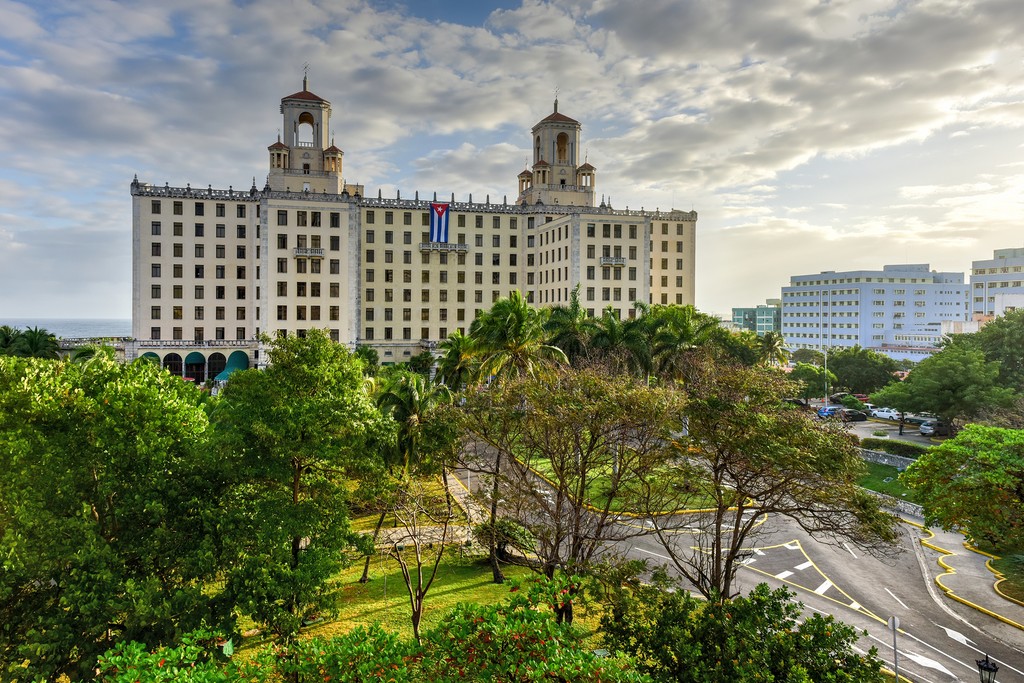
The accommodation options in Cuba primarily fall into two categories: state-run hotels or casas particulares (private B&Bs). Havana boasts a wide array of hotels, ranging from charming colonial boutique establishments in Habana Vieja (Old Havana) to luxurious foreign-managed chains. Rates have increased in recent years due to the growing demand from U.S. tourists, and reservations are strongly advised, particularly during the peak tourist season.
Outside of Havana, the range of options is more limited. Except at beach resorts, where the vast majority of hotels are foreign-managed and offer all-inclusive packages, lodging options can be somewhat unpredictable. You are likely to find one or two charming, renovated colonial hotels in most cities, but service standards can be inconsistent, bed sheets often don’t fit the mattress properly, and a consistent supply of hot water is not always guaranteed.
Regardless of your location within the country, you will almost certainly be able to find a casa particular, often at a fraction of the cost of the nearest hotel. Rates typically range from $30 to $100 in Havana and roughly half that amount elsewhere. Staying in a casa particular offers a tremendous opportunity to intimately connect with Cuban families and gain a deeper understanding of the local culture.
One final consideration to bear in mind: since November 2017, U.S. citizens are prohibited from staying at any hotel affiliated with Gaviota, the state hotel group operated by the Cuban military. It is essential to plan your accommodations accordingly to ensure compliance with these regulations. In planning your trip to Cuba, you should give thought to Vinales in Pinar del Rio.
B-675
